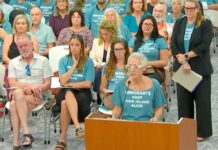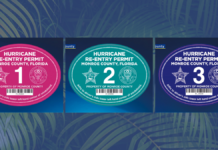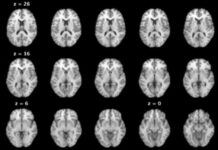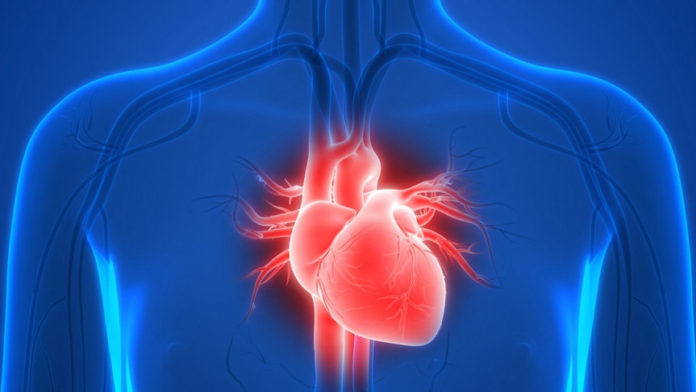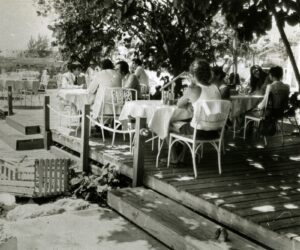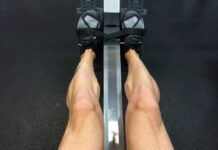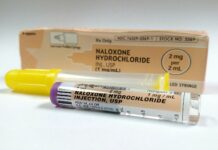We’ve changed habits and actions to protect our health during the pandemic, but one thing remains the same – we need to take quick action with a possible heart attack or stroke. Life-threatening blockages and arrhythmias need timely detection and treatment. Waiting to get help can increase the damage to heart muscle or brain tissue.
Lower Keys Medical Center has resources ready to support diagnosis and intervention in the event of heart attack or stroke, including a cardiac catheterization lab, echocardiogram lab, new cardiac imaging with MRI and contrast, and interventional cardiology, general cardiology and tele-neurology specialists on the medical staff. Lower Keys Medical Center is accredited by the American College of Cardiology as a chest pain center and by the Joint Commission as a primary stroke center.
“When we opened the cardiac cath lab, our goal was to provide the community with an active interventional program to provide both diagnostic evaluations for cardiac problems and interventional therapies for acute heart attacks. The COVID-19 pandemic has not changed that commitment,” said Dr. Steven Rowe, an interventional cardiologist. “Our team stands ready to help patients and the hospital has taken important precautions to protect staff and patients. timely action and COVID-19 safety are top of mind at all times.”
Concern for safety during the pandemic has kept many people from seeking medical help and that can get in the way of timely treatment in an emergency. Lower Keys Medical Center is actively working to maintain a safe place patients can get medical help, whether for a medical emergency or routine care. The hospital is fully open, including all outpatient diagnostic departments, and ready to care for the community.
The hospital’s precautions include enhanced practices for infection prevention, restricted access to the facility, and furniture arrangement to support social distancing and patient flow.
Care for any COVID-19 positive patients is in a separate, designated unit.
Calling 911 for an ambulance is the best action, rather than trying to drive to the hospital yourself, when you or someone you are with experiences heart attack or stroke symptoms. EMS crews are trained to care for patients experiencing heart attack and stroke, so you’ll get medical care sooner.
Signs of a possible heart attack can include chest pain or discomfort, shortness of breath, and/or pain or discomfort in the jaw, neck, back, arm or shoulder. Women also may feel nauseous, light-headed or unusually tired.
Symptoms of a stroke can be remembered with the acronym F-A-S-T:
Face drooping – Does one side of the face droop or is it numb?
Arm weakness – Is one arm weak or numb?
Speech difficulty – Is speech slurred, are they unable to speak, or are they hard to understand?
Time to call 911 – If the person shows any of these symptoms, even if the symptoms go away, call 9-1-1 and get them to the hospital immediately.
To learn more about your personal risk factors, schedule an appointment with your primary care physician or a cardiologist.

